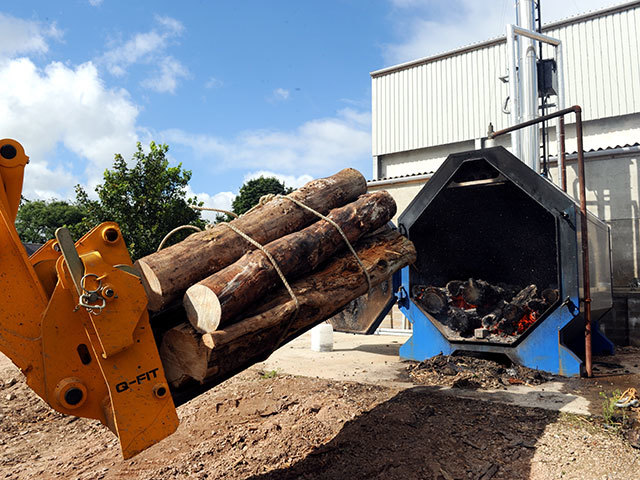
Householders are being given the opportunity to make money from a new domestic renewable energy scheme.
The Scottish Government yesterday unveiled a £3million interest free loan fund which can be used to buy heat pumps, solar panels, micro-wind turbines or biomass boilers.
Householders will be able to borrow up to £10,000 depending on the technology and cost of their system.
They will be eligible for payments for feeding electricity into the national grid and benefit from Renewable Heat Premium Payment vouchers for domestic renewables.
The funding will be directly targeted at homes in fuel poverty, helping to boost household income.
Mike Thornton, director of Energy Saving Trust in Scotland, said the announcement was a “positive step” in the journey to increase the use of renewables and help people cut their fuel bills.
Energy Minister Fergus Ewing said: “We are determined to help householders keep their energy bills down wherever we can.
“With the UK Government delaying its domestic Renewable Heat Incentive scheme until at least spring 2014, our funding boost will make sure households, especially those in fuel poverty, are able to increase their income through renewable technologies.
“The investment will ensure hundreds of Scottish households get their own sustainable green energy supply and in doing so they will receive payments for supplying electricity to the national grid or by cashing in a Renewable Heat Premium Payment voucher.”
Mr Ewing, a Highland MSP, said the scheme would be a “huge help in fighting fuel poverty, help Scotland become greener and create jobs.
But Tory MSP Murdo Fraser, convener of Holyrood’s Energy Committee, said the cash would be better spent on measures such as improving home insulation.
“I’m supportive of moves to make people’s homes more energy efficient. However, the SNP extending its wind turbine obsession to back gardens and roofs should not form part of this fund. These micro-turbines are notoriously inefficient at producing power and will do nothing to help meet renewable energy targets,” he said.
“Better use of this money would be demand-reduction measures such as home insulation which will help in reducing the numbers of people across Scotland falling into fuel poverty, rather than seeking to roll out inefficient and expensive mechanisms for energy generation.”
Recommended for you
